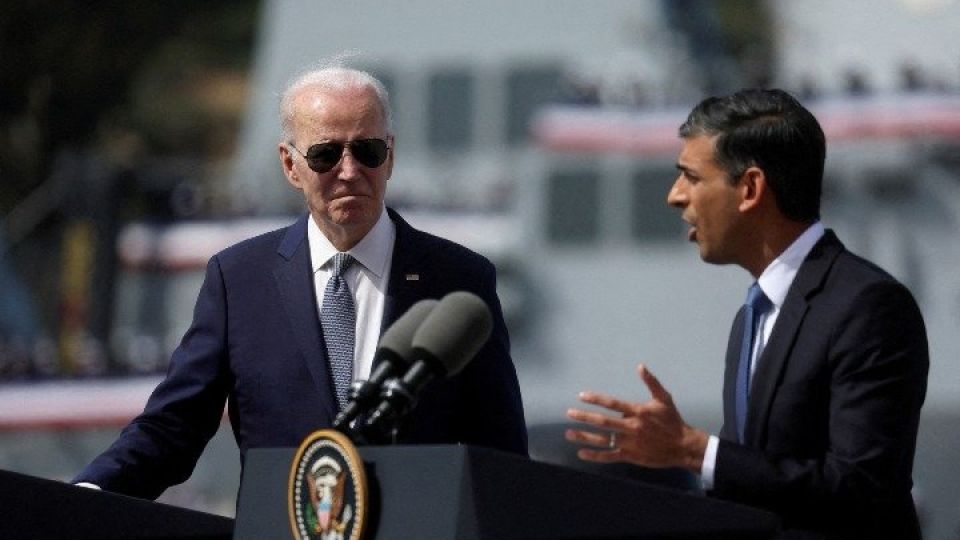April 26, 2023
HONG KONG – Bloc needs to promote the region as a zone free of proliferation, analysts say
The Association of Southeast Asian Nations, or ASEAN, needs to promote the region as a nuclear-free zone, given geopolitical tensions that threaten the bloc’s commitment to nonalignment, analysts said.
Indonesia, which is this year’s rotating chair of ASEAN, has started negotiating with the five recognized nuclear-armed states — China, France, Russia, the United Kingdom and the United States — to sign the Protocol to the Treaty on the Southeast Asia Nuclear Weapon-Free Zone, or SEANWFZ Treaty. China was the first among the five countries to express willingness to sign the protocol.
The negotiations are being conducted amid rising tensions in the region and concerns over the trilateral AUKUS cooperation on nuclear submarines, referring to Australia, the UK and the US.
Aleksius Jemadu, lecturer at the Faculty of Social and Political Sciences at Indonesia’s Pelita Harapan University, said there is a “convergence of interests” between China and ASEAN in their policy to keep the Southeast Asian region a nuclear-free zone. He said it is important for the group to have “one voice for the sake of regional stability”.
Aloysius Lele Madja, a former Indonesian diplomat, welcomed China’s plan to sign the protocol, noting it will be “very beneficial to ASEAN”.
Madja was part of the Indonesian delegation that negotiated the SEANWFZ Treaty, which is also known as the Bangkok Treaty. All ASEAN members that signed the treaty in 1995 committed “not to develop, manufacture or otherwise acquire, possess or have control over nuclear weapons, station or transport nuclear weapons, or test or use nuclear weapons”.
They also committed not to discharge radioactive material or waste into the sea, into the atmosphere or on land within the zone. ASEAN members can only use nuclear material and facilities “exclusively for peaceful purposes” and any nuclear energy program needs to undergo a rigorous nuclear safety assessment conforming to guidelines and standards recommended by the International Atomic Energy Agency.
The treaty entered into force in 1997 but none of the five nuclear-armed countries have acceded to the pact’s protocol. China has said it supports ASEAN’s efforts to build a nuclear weapons-free zone.
ASEAN foreign ministers said in a statement issued in February 2022 that they reaffirmed their commitment to “continuously engage” the nuclear-armed states in line with the objectives and principles of the SEANWFZ Treaty.
Chinese State Councilor and Foreign Minister Qin Gang said in a meeting in March with ASEAN Secretary-General Kao Kim Hourn that China is willing to take the lead in signing the protocol.
Madja, the former Indonesian diplomat, is hoping that China’s decision will prompt other nuclear-armed countries to sign the protocol. If the protocol is signed, it will make it difficult for AUKUS nuclear submarines to enter the South China Sea, he said, adding that Indonesia has concerns about AUKUS.
Indonesia’s Ministry of Foreign Affairs has said in a March 14 statement that the nation is “closely following the security partnership” of AUKUS and expects Australia “to remain consistent in fulfilling its obligations” under the Treaty on the Non-Proliferation of Nuclear Weapons and the International Atomic Energy Agency Safeguards.


